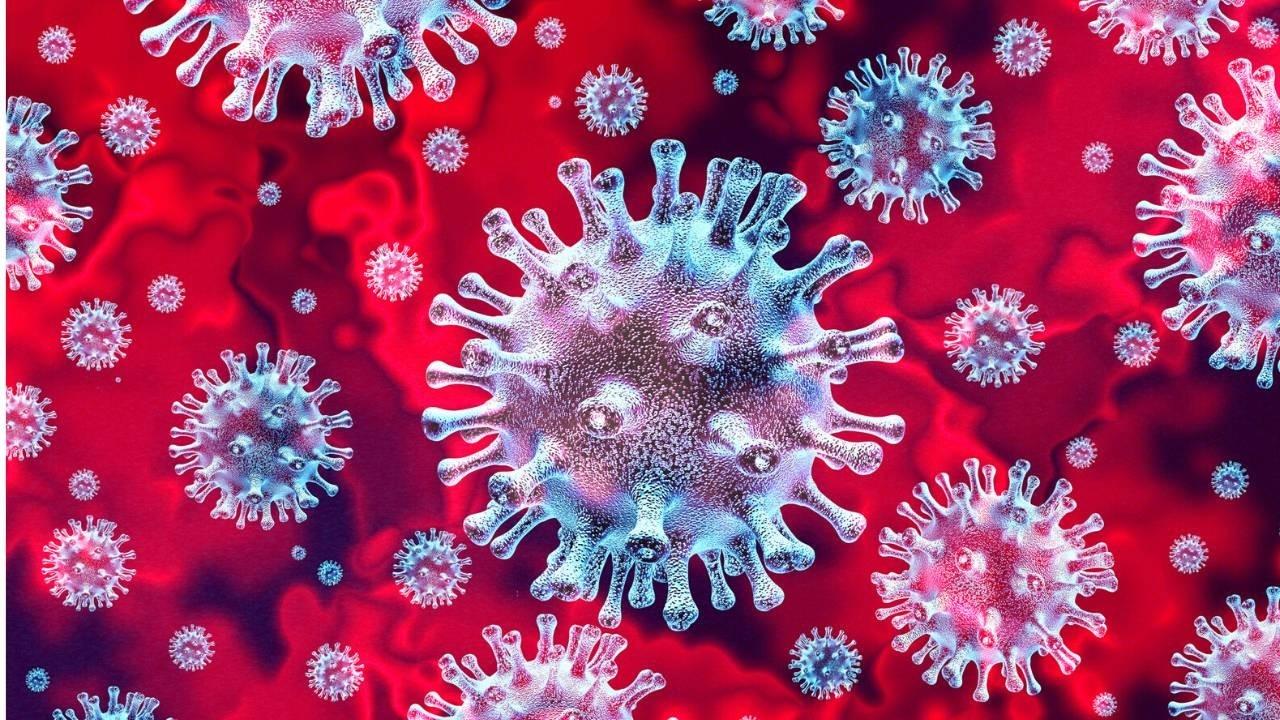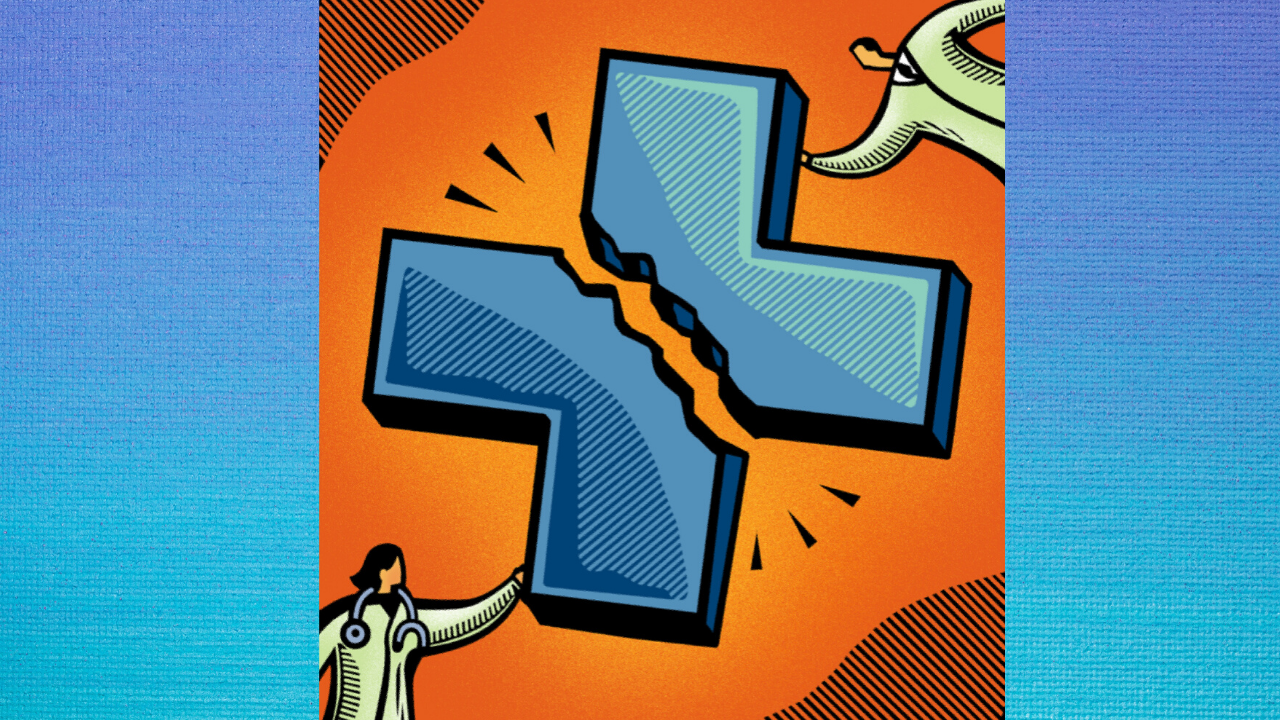Top 10 Reasons Rare Disease Patients are Pandemic Pros

Rare Disease Patients are...
-
Pros at limiting infection and cross-contamination, sporting facemasks, washing hands, and effective cleaning
-
Experienced at social isolation including homeschooling, and other creative options, work from home solutions and, finding support online
-
Used to handling emergencies, monitoring symptoms at home, and employ multiple rehydration techniques
-
Familiar with doing research by reading research articles, crowdsourcing ideas, and resources
-
Practiced at treasure hunting food, supplies, meds and necessities (TP anyone?)
-
Stocked with medical equipment and supplies to rival a medical supply company (BP cuff, pulse ox, electrolytes, etc)
-
Blessed with Mad MacGyver skills to adapt and figure things out.
-
Experts at knowing our own bodies, symptoms, medical history, meds, and what we need
- Ph.D.s in dealing with red-tape and bureaucracy
-
Resilient, used to living with uncertainty, the unknown and finding meaning in...
3 Ways for Rare Disease Patients to Prepare for Coronavirus

Depending on where you live, how much you follow the news and your general personality type, you may or may not be concerned about COVID-19. Panicking doesn't help anyone but being prepared may help and certainly won't hurt.
There are a lot of general recommendations out there but here are several specific ways that you can prepare as a rare disease patient.
1. Get extra prescription and OTC meds to have on hand.
- There is the potential for drug shortages based on the amount of medication we import that gets produced in India with ingredients coming from China. As reported in The Wall Street Journal If Coronavirus-Stricken China Can’t Export Medicine, the World Is in Trouble, "China is the source of a large percentage of basic drug ingredients." Most drug manufacturers keep a 2-3 month supply on hand so hopefully, the Chinese factories will be back online before it becomes a big issue. But, given that rare disease patients take quite a few medications and that they often need...
What You Should Know About the Chief Complaint

If you have been seen at a teaching hospital you have likely been seen by a medical student or resident prior to seeing the (attending) doctor. They meet with you first and their job is to take your history and present it to the doctor. Sometimes it goes well but too often it ends up a bit like a game of telephone where your original message is distorted and garbled when it gets to the doctor.
Let's look at one aspect of what is going on here and why things sometimes go awry.
Chief Complaint
Have you ever thought about the process or framework a doctor uses to get information from you in an interview? Did you know that they are all taught this framework, the medical interview, in medical school and they continue to use it throughout their career?
...
6 Ways a Medical Appointment Is Like a Job Interview

You’ve probably heard the advice that you should write down questions for your doctor before an appointment but that is usually not enough when you are dealing with a rare or complex disease. Did you know that doctors are taught a ‘medical interview’ that they use as the framework of your appointment? By approaching your appointment like you would a job interview, you can learn how to better communicate and collaborate with your doctor, resulting in a stronger relationship and better care for you.
Let’s look at the way an appointment or ‘medical interview’ is similar to a job interview.
-
You need to be prepared and ready to answer the questions that are being asked.
You have probably been asked the typical interview questions like ‘What are your strengths?’ or ‘Where do you see yourself in 5 years?’ The first time you heard them, you may have stumbled and stammered a semi-intelligible answer. But, you quickly figured out the game and knew to expect those questions so you p ...
Our Broken Medical System

Our medical system has changed a lot over the last 20 years, especially for the doctors working in the system.
Intuitively and through our own experiences, we can see that doctors are struggling with the changes including high levels of burnout, frustration and even an increased rate of suicide.
So, what is it that is causing the doctors’ struggles?
Based on a 2018 survey, doctors reported their top two least satisfying factors about medical practice as listed below.
EHR design/interoperability 39.2%
Regulatory/insurance requirements 37.6%
Loss of clinical autonomy 37.0%
Professional liability/malpractice 30.2%
Amount of time with patients 12.4%
Income/compensation 12.1%
In the Medscape National Physician Burnout, Depression & Suicide Report 2019 doctors reported what contributed to their burnout.

These surveys are general and not specific to the issues that are faced b...
3 Ways to Help Our Rare Disease Doctors

If you have been in the rare disease world for any length of time, you have likely heard of a rare disease expert who has closed their practice, retired from patient care, been pushed out of a larger organization, or opened a private pay clinic.
Experts like Dr. Korson dealing with mitochondrial disease, Dr. Afrin working with mast cell diseases, Dr. Boris and Dr. Schofield focusing on autonomic issues like POTS, and many others, have left leaving even more patients without appropriate or even adequate care.
The sad part is that it is rarely the doctor's choice to step back from rare disease patient care. Often, the rare disease doctor’s practice is seen as too risky, too controversial, not productive enough because of long appointments and high resource needs, or not financially lucrative.
Why does this keep happening and what can we do to help our rare disease experts help us get the care we need?
Let’s start by looking at the reasons our rare disease doctors are having such a ...


